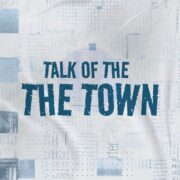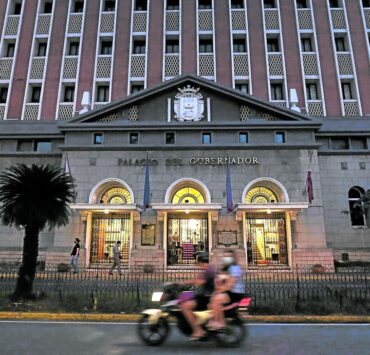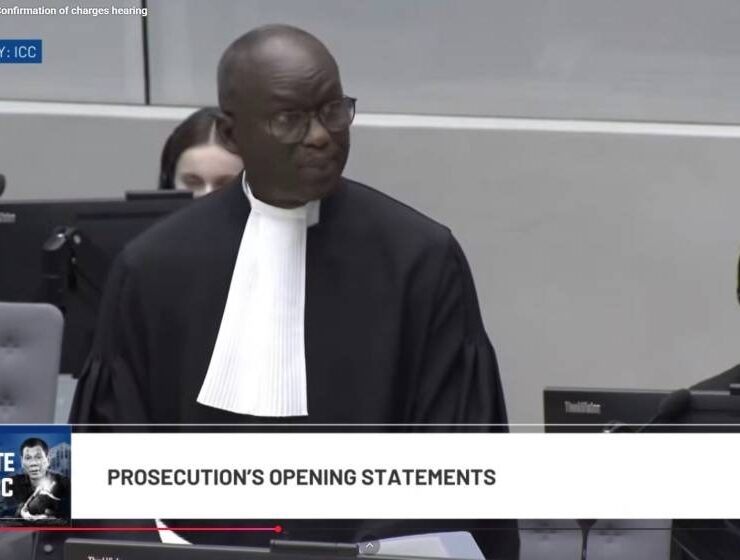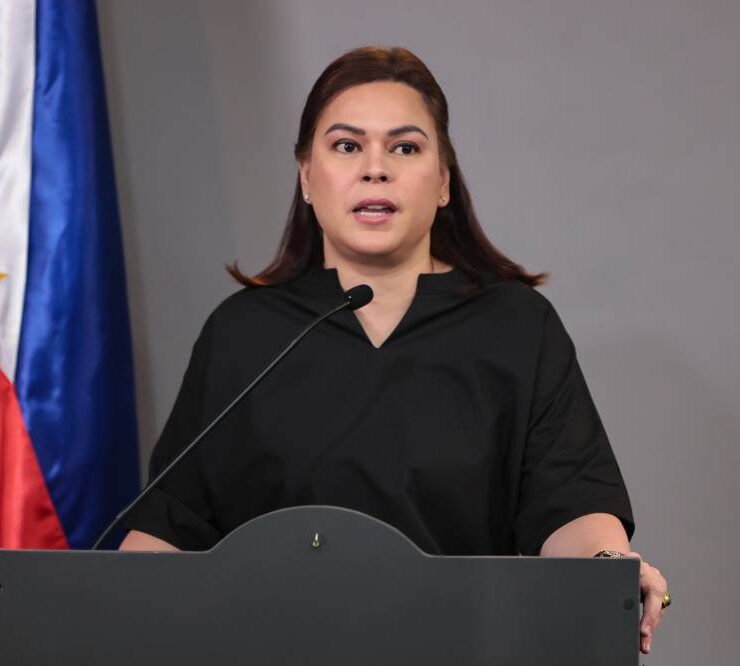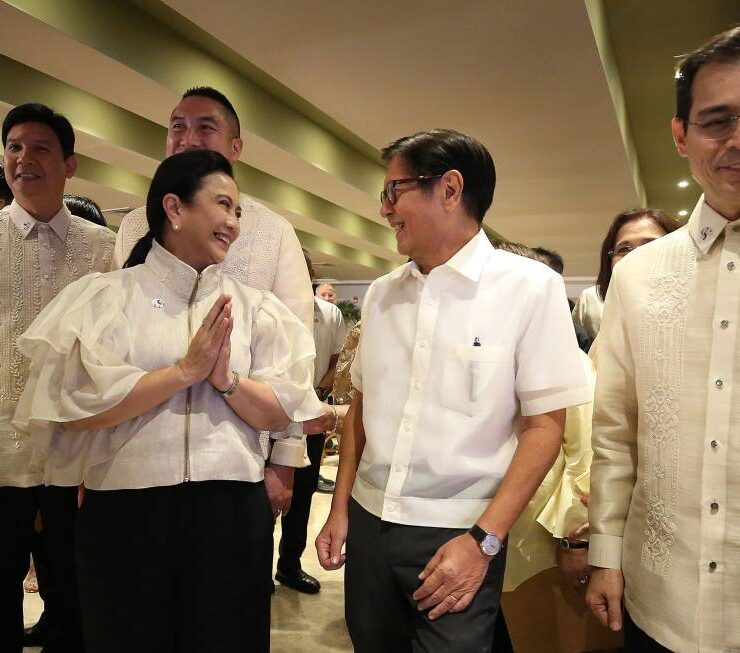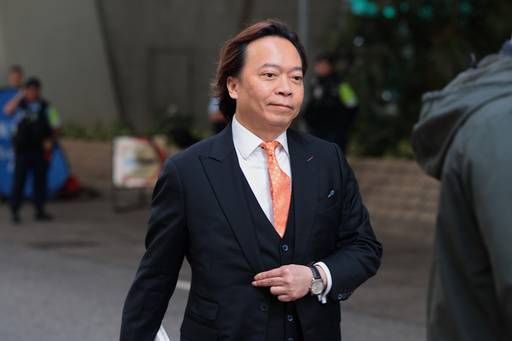A precious moment of national pride
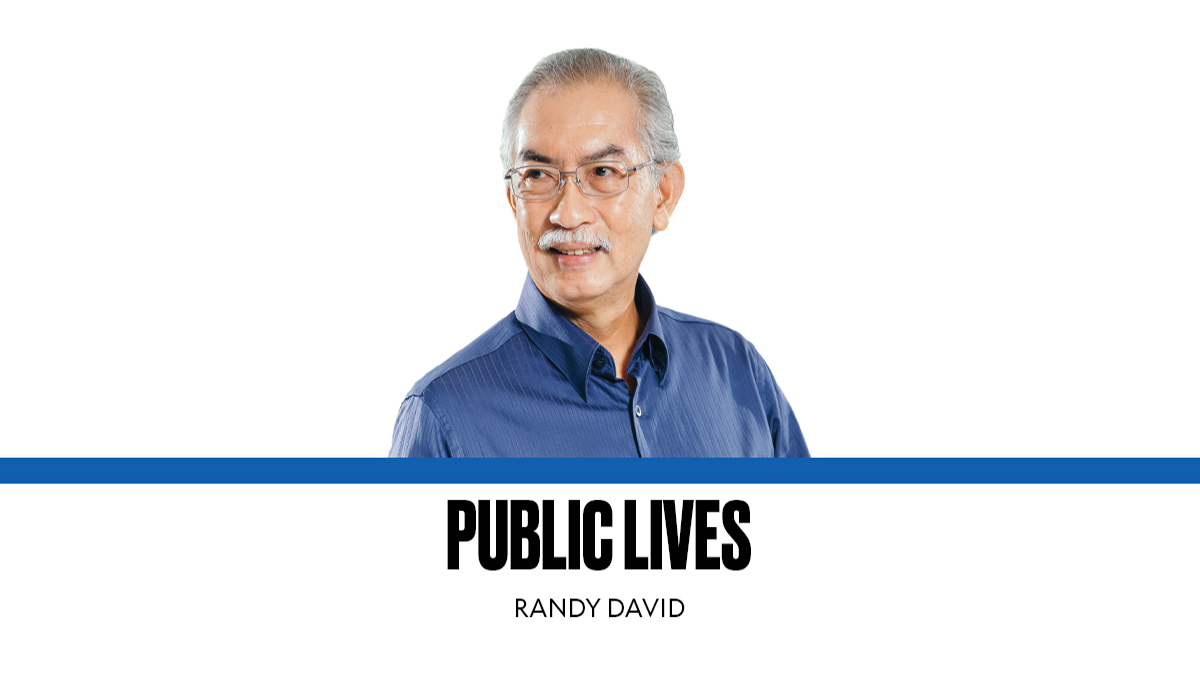
In times when hope feels scarce, we look back to a moment in our nation’s history when we believed our chance at greatness had finally arrived. Enough time has passed to allow us to assess, with some objectivity, what we got right and where we failed. Knowing this may help us understand why our political life has regressed.
I had just turned 40 when the Edsa People Power Revolution unfolded 39 years ago. Like many of my generation, I felt privileged to witness such a time. The world rejoiced with us, marveling at how we freed ourselves from dictatorship without descending into a bloody civil war.
But we knew that stabilizing the new government would not be easy. Threats came from different directions—from remnants of the old regime as well as from factions within an emboldened military. The latter, in particular, thought they had a greater claim to leadership than the returning anti-Marcos political class. They saw themselves as the rightful architects of long-term reform.
Over the next few years, seven coup attempts rattled the fledgling Edsa government. One nearly succeeded in seizing control of the armed forces. Undeterred, the administration of Cory Aquino worked to rebuild democratic institutions, beginning with a new Constitution. Expectations were high, especially among the peasantry, urban poor, and working class, who saw this as a test of the government’s commitment to real change. Many feared the old oligarchy was simply being restored under the guise of democratization. In its eagerness to reestablish Congress as a governing partner, the administration blunted the momentum for deeper reform.
Despite these challenges, the spirit of the revolution remained strong, bolstered by international support. It was inspiring to see accomplished professionals from the Filipino diaspora return, eager to help transform the country. Many had left during martial law, feeling hopeless about the future. Now, they saw a chance to make a difference.
The world took note. Edsa became a model for peaceful revolution, inspiring Eastern European nations breaking free from Soviet rule. But it soon became clear that the United States viewed our political transition as a triumph of its own global liberal order. Francis Fukuyama’s declaration of the “end of history” after the Union of Soviet Socialist Republics’ collapse reinforced this narrative. Yet in 1991, our Senate defied expectations, rejecting the renewal of the RP-US Military Bases Agreement, signaling an urgent desire to assert national sovereignty.
This shift in global power put pressure on nations that pursued state-driven development. Even countries like Singapore, which staunchly defended their communalist traditions against Western liberalism, felt the pressure from this new order. The Philippines, however, took a different turn. The push to dismantle crony capitalism led to a broader retreat of the state from economic affairs. The corruption of the Marcos era had discredited government control over key industries, making privatization seem like the only path forward.
Economic modernization became synonymous with selling state assets, deregulating industries, and cutting government roles in essential services like housing, health care, and utilities. At the same time, the International Monetary Fund imposed austerity measures to manage the debt inherited from Marcos. As a result, industrial development took a backseat. Instead of building local industries and regional growth centers, the government prioritized overseas employment as the main driver of the economy. What began as a temporary solution for earning foreign exchange under martial law became the backbone of a consumer-driven economy dominated by shopping malls.
Privatization and deregulation fueled rapid growth in banking, telecommunications, and power sectors, attracting foreign investment. Yet, the benefits failed to reach the working class. Labor contractualization deprived workers of job security and basic protections. Left without a safety net, they turned to politicians for help in accessing government aid. This dependency gave rise to the “ayuda culture” that now defines our political system.
The Edsa People Power Revolution remains a source of national pride, a moment of extraordinary hope. But the years that followed showed that true reform requires more than a change in leadership. It demands sustained efforts to tackle inequality and corruption at their roots. Only then can we truly honor the spirit of Edsa and build a future where every Filipino can thrive.
—————-
public.lives@gmail.com













